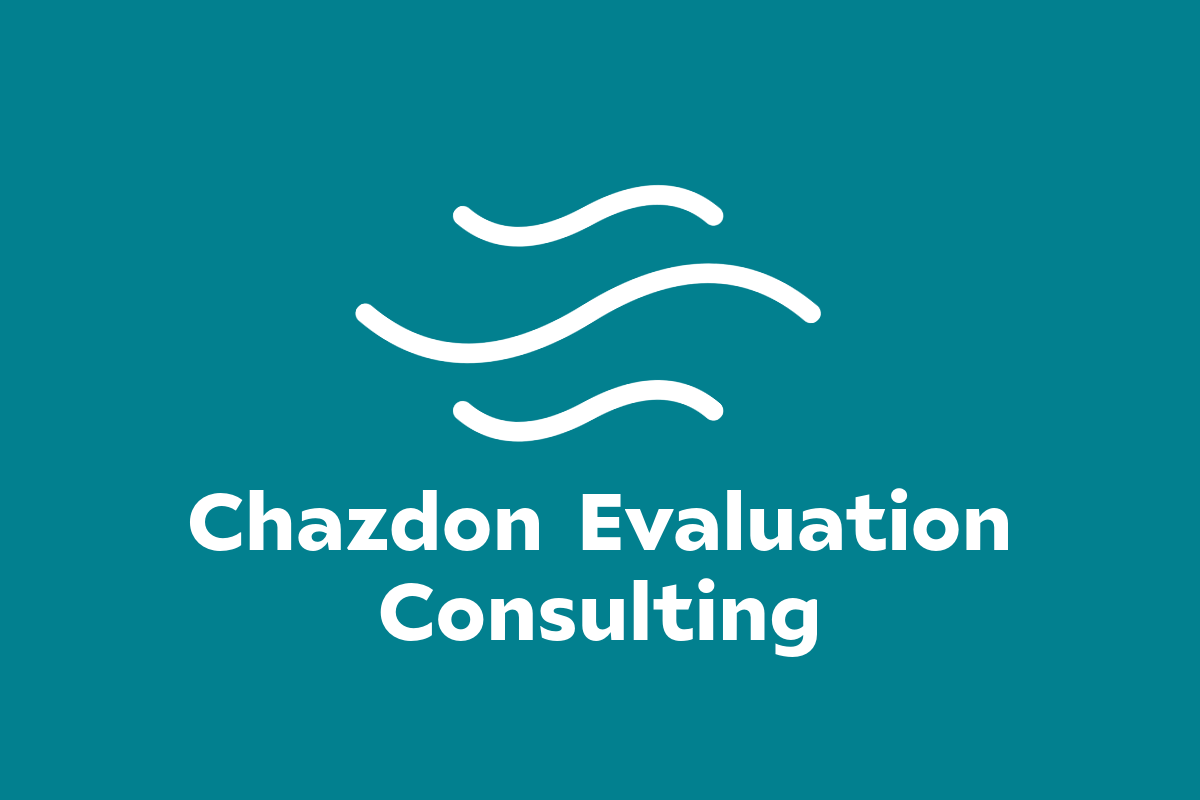My Approach
Evaluation can be so much more than boring surveys. It can be engaging, motivating, mind-opening, and fun! The following are the four core principles of my evaluation practice:
Programs must build relationships and trust in order to be impactful
Kathy Allen, a leadership educator I admire, writes about how change flows through relationships. “The next time you engage in systems change, take stock of the quality of relationships and trust you have in the system. If you can strengthen both, the impact of the change will move beyond transactional to transformational, giving wings to the future you hope to realize.”
In my career, I’ve conducted extensive research on social capital, the web of cooperative relationships among members of a community that allows them to act collectively and solve problems together. Much of my evaluation work has focused on the positive impacts that happen when programs strengthen human capital (knowledge, skills, and abilities) as well as social capital, (relationships and trust).
When working on complex issues, contribution is more important that attribution
Community or systems change efforts seldom operate in a vacuum. Organizations often collaborate with each other or build upon each other’s work.
The key challenge in conditions of complexity is to identify contributions of a program rather than make causal claims attributing credit to a specific program. A contribution-based approach acknowledges the complexity of the situation and the fact that no single organization needs to, or is able to, take all the credit for change. A contribution orientation is based on questions such as, has the program made an important contribution to the observed result? or how did the contributions of multiple organizations lead to the observed result?
Evaluation should be generative, not extractive
If relationships and trust are such important aspects of impactful programs, they should probably be just as important in program evaluation! For this reason, I use participatory evaluation strategies to move beyond thinking of program stakeholders as data sources or as recipients of evaluative information. Instead, I use methods, often group approaches, that integrate program stakeholders in the evaluation process. This participatory approach dramatically increases the potential for evaluation results to strengthen systems or community change efforts.
Another way to keep evaluation generative is through use of Appreciative Inquiry, an asset-based approach to building capacity in organizations, groups, and communities. By focusing on what’s going right, rather than what’s going wrong, Appreciative Inquiry give people and organizations momentum for continued forward movement.
Objectivity is not attainable or desirable
Traditional approaches to evaluation emphasize the objectivity of the evaluator as an observer. While this notion of objectivity might apply well to a chemist looking through a microscope, it doesn’t work terribly well with research or evaluation involving humans. It is part of a long history of colonialism and white supremacy that has elevated the “objective” viewpoints of those in power.
My approach to evaluation involves efforts to elevate the voices of program recipients and to actively value and integrate into the evaluation process multiple ways of knowing, honoring the subjectivity of human experience.

